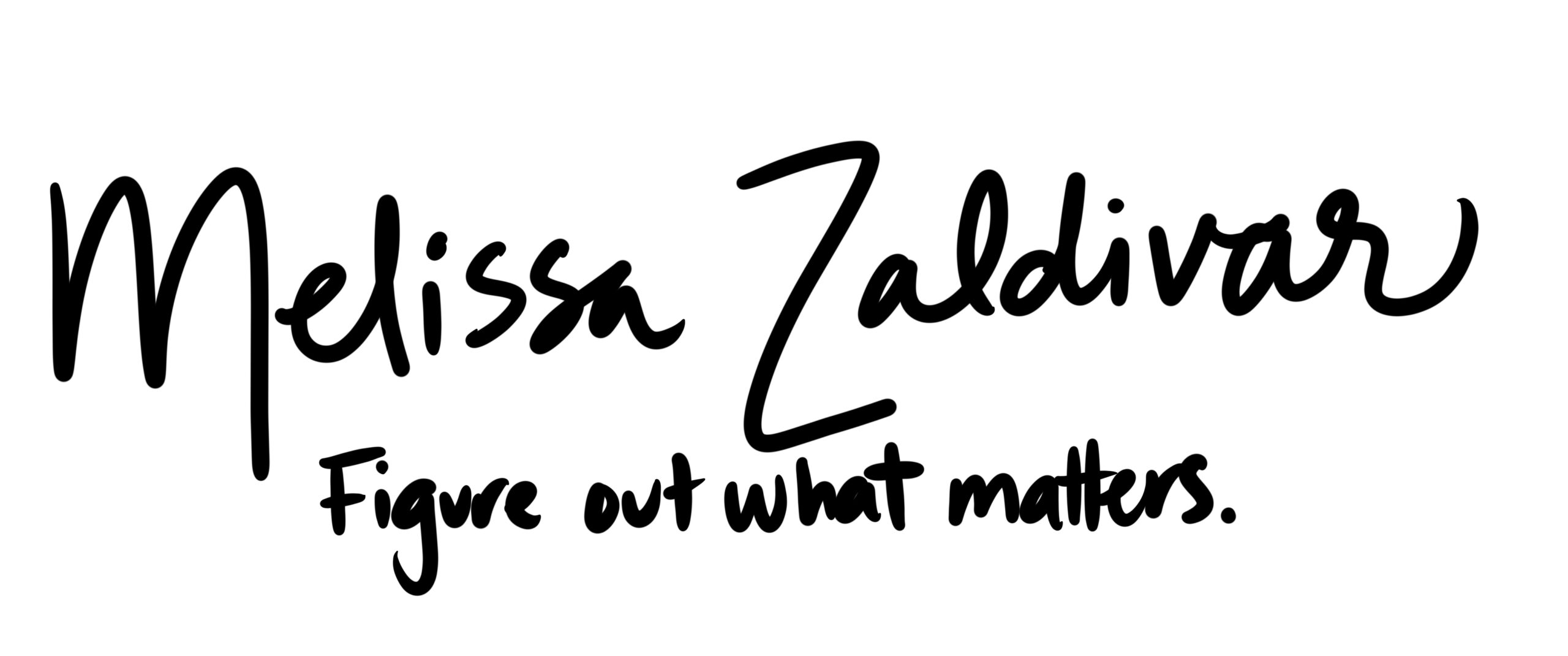So, if you’re new to my story, I should tell you this: my body won’t retain water. It’s a problem with my brain where it won’t tell my kidneys to keep water in my system to keep me alive. It’s a new-ish sort of thing that showed up about a year ago, but it’s been making me think a lot lately about the Woman at the Well. Probably because she’s eager for a water that would satisfy her thirst. I don’t remember what it’s like to not be thirsty. I drink about 9 liters of water on a moderately cool day. That’s over 3 times the amount I should need. And it never satisfies. I wake up in the morning with headaches or nausea or light-headedness because I’m dehydrated the moment my eyes open to a new day.
The woman at the well knew this feeling in her heart all too well. So when Jesus says he has water that will last for eternity, she’s all in.
Jesus answered her, “If you knew the gift of God, and who it is that is saying to you, ‘Give me a drink,’ you would have asked him, and he would have given you hliving water.” 11 The woman saidto him, “Sir, you have nothing to draw water with, and the well is deep. Where do you get that living water? 12 iAre you greater than our father Jacob? jHe gave us the well and drank from it himself, as did his sons and his livestock.” 13 Jesus said to her,“Everyone who drinks of this water will be thirsty again, 14 but kwhoever drinks of the water that I will give him lwill never be thirsty again.2 The water that I will give him will become min him a spring of water welling up to eternal life.” 15 The woman said to him, “Sir, ngive me this water, so that I will not be thirsty or have to come here to draw water.”
I’ve heard her story dozens of times. And it is always preached the same way: the woman realizes Jesus is the Messiah and she drops her jar in haste and runs into town and proclaims to the people of Samaria,
29 “Come, see a man jwho told me all that I ever did. Can this be the Christ?”
We tend to stop the story there. The woman is changed and she leaves to tell her story to the world. And while–don’t get me wrong here–her story is really significant because it’s the Story of Redemption in some small manifestation, I’m not so sure that’s the point. In fact, I’m sure it’s not the main point–because there are still 15 more verses to the story.



We live in a world that is all about content. We’re crazy for blogs and tweets and Instagram stories and Snapchat and Netflix. In fact, it seems that one of the ways we feel most connected to others is through these media.
Did you see that article?
Did you hear that podcast?
Did you watch last night’s episode of?
Years from now, they will see what we produced: the albums and the art and the books and the articles. But sometimes, I wonder if it’s all getting a little cluttered. Will they remember the words we spoke and the meals we brought and the less-than-polished stuff-of-life that made up our days?
And will they be able to answer, beyond a shadow of a doubt, that for all of the somethings we were really just about one thing?
The woman tells everyone about the Messiah that she has met and, understandably, their interest is piqued.
39 Many Samaritans wfrom that town believed in him xbecause of ythe woman’s testimony, “He told me all that I ever did.” 40 So when the Samaritans came to him, they asked him to stay with them, and he stayed there two days. 41 And many more believed zbecause of his word. 42 They said to the woman, “It is no longer because of what you said that we believe, for we have heard for ourselves, aand we know that this is indeed bthe Savior cof the world.”
When I read that last verse, I cried for about a week. I could hardly get through the story as I re-read it with a heaviness in my heart. Because here’s the thing: we always make this story about the woman who proclaims, but we forget that the ultimate outcome of her proclamation was others coming into actual contact with the Messiah. For 27 years, I’ve been missing the point of this story.
The Samaritans say to the woman, in essence, “We believed what you said, but it carries barely any weight compared to the Saviour that just experienced for ourselves.”
Again, I feel the need to remind you: your story matters. I’m not at all suggesting what she did by telling her story was insignificant. But we’ve made it the main point of this story and Jesus just seems to just be sitting there in almost a sideline role. Just sort of hanging around, handing salvation out like coupons or raffle tickets. It’s as if I can see Jesus with his fiercely soft eyes watching all of this hustle and bustle, so patiently waiting for us to pause and meet his gaze.
In reality? Jesus is the main thing. Without him, we miss the point.
I worry that we’re so busy producing content that we forget that we hold in our hands–and in our homes (likely in multiple translations!) — the actual Word of God. But do we hold it in our hearts? The story that always points back to Jesus. The message of hope for everything we could possible encounter. This gift is a direct well that gives us our Living Water.
But there are moments when we try to provide for the thirst on our own. And basically, all we do is try to sell straws and sports drinks and fancy cups and we’re missing the point.
I don’t care how good your 20 oz. sports drink is. To someone who just needs constant water to stay alive, it’s not going to cut it for long. It’ll be satisfying for a moment, perhaps, but I can tell you as someone who can’t hydrate: as soon as I finish that last sip, I’m going to get up and need a re-fill.
I’m going to be very honest here; this is a confession as much as a concern.
For someone who jokes about being “off-brand” a lot, I sure do care too much about aesthetics and word arrangements and I’m basically concerning myself with getting a dixie cup of water just the right temperature. Congratulations–we’re still thirsty.
When I proclaim something, do I proclaim to be known or do I proclaim to make Jesus known?
We put a lot of pressure on ourselves to be the Living Water. Something happens in our culture and it seems that everyone has to give their own response. Take one look at social media and you’ll see what I mean. We write so much about how to live a godly life that we take tones that sound awfully authoritative. Because you know, we’ve figured everything out and now we’re all experts. But at the end of the day, if our responses aren’t pointing people to the source of it all, and if our desire is to be heard more than for people to encounter Jesus, we’ve got a problem.
Here’s the good news: there is Living Water. And we get to tell everyone about it and the way we do that really matters–but the motive behind it has to be solid, or we’re back to selling temporary fixes. The point of the story of the woman at the well is that the people heard her story and promptly set it down to take a long draw from the well of Living Water.
May we be a people who produce content that always points back to the One who never wrote a trending blog, never tells a trite story and never leaves us wanting. Only in Him will we be satisfied, no longer longing for something that cannot fill us but finding that our thirst is finally quenched.
What grace.

